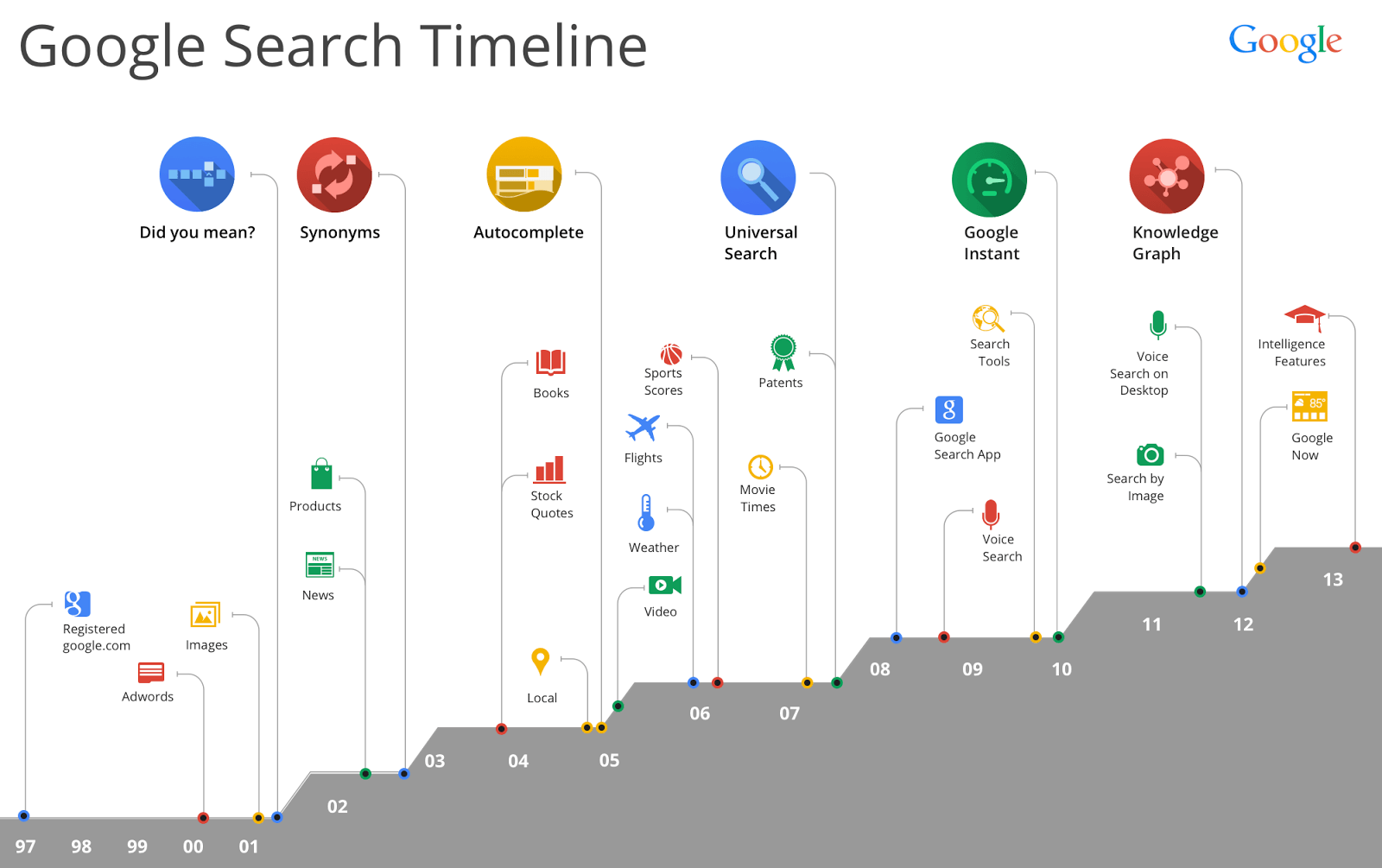Google is without a shadow of a doubt, the biggest search engine on the internet. It is like the vast outback; unmatched in its scope and reach, and aside from a few secluded spots, is all-encompassing, when it comes to things you can search for. It is immensely widespread, and has features which ease your time on the internet to a significant degree. At the centre of all that is the algorithms, which, since their inception, have been updated a number of times. These algorithms are what drives Google marketing and generates billions in revenue.
Understanding Google Algorithms for Beginners
Frequency of Google’s Algorithm Updates
In the past, the internet giant would come out with an update and see how well it worked, before beginning production on another update. This is not the case nowadays, especially not since the repertoire has expanded past being just a search engine. Producing a number of updates and introducing them in real time, sometimes even multiple times in a day, has now become normal for Google. This frequency of updates, which is not really noticeable to the general public who are searching for things on the eponymous search engine, is sometimes a mystery to those who have posted their content online.
Google’s latest updates keep track of which websites and which content is the best (keeping in line with their regulations). This helps content creators, Google marketing experts and uploaders who have specifically crafted their websites and the content within to rank well on the search listings. This also helps Google itself, since these sites often generate the most revenue in terms of ads, which adds to the bonus of them ranking in the top echelons. This is why also the updates made are so frequently, since there is an immense amount of data being uploaded on cyberspace, which makes it necessary for there to be an update.
How does Google Search Actually Work?

It is surprising how many times during the day people use Google search, and yet so few know how the search system actually works, and most importantly, how do some websites rank above the others, and how some content pops up instantly in the search bar. Following is a concise explanation.
Google has an index of websites within it, which it accesses in order to answer the specific query typed in by the user. This is done by a number of spiders systems that accesses a certain number of web pages, and then follows the links. This is done instead of accessing an enormous amount of data at once, which would slow down the progress considerably. Since the network of websites in the index grows every day, the need to manage all that data gave birth to a new update every so often.
Google Search Algorithms
Finally, we come to the meat of the matter; the algorithms which make all of the aforementioned possible. Google does not reveal much information about their algorithms, which makes it difficult to explain in full exactly how they manoeuvre around the data. Therefore, Google marketing cannot be truly taken advantage of either.
However, this much is known that they search for certain keywords and phrases, which are in high demand, when it comes to actual searches. They also factor in the placement of said keywords in a content piece. The number of keywords, as well as their placement, and an entire Search Engine Optimization song and dance, makes for higher rankings.
Types of Searches which the Algorithms Differentiate BetweenFollowing are some types of searches which the algorithms produce results for.
Informational Searches
This is fairly straightforward, as this type of search is for a source of information. Wikipedia always ranks number one in informational searches, being the biggest treasure trove of knowledge in the world.
Navigational Searches
This is for when you know the name of the website or brand, but not the full web address. Google then brings out all the relevant websites which have that name, allowing you to click on the one which is right.
Local Searches
This is when you look for a certain piece of information pertaining to a certain place or location. For example, searching for ‘cafes in Brisbane’ would be a local search type, as it is searching for something within a given locality, or within bounds of that locality.
Transactional Searches
This is for when you are looking for something specific, most often a product, and the search results display the product itself in a lineup, along with the price of said product. This information is often sourced from a website which incidentally ranks at the top of the rankings, and which also offers this product for sale. This is to make searching for a product easier, and also makes Google marketing such a beneficial venture.
Google, as a company and internet phenomenon, has been constantly evolving, and the progress in search will continue to set itself as a search technology giant for decades to come.